Urban-Rural Linkages
Special Sessions Venue: National Library Casa De La Cultura- United Nations Human Settlements Programme (UN-Habitat).
- United Nations High Commission for Refugees (UNHCR),
- United Nations Population Fund (UNFPA),
- United Nations Development Programme (UNDP),
- United Nations Environment Programme (UN Environment),
- Food and Agriculture Organization (FAO),
- Convention on Biological Diversity (CBD),
- International Fund for Agricultural Development (IFAD).
- Amir Abdulla Deputy Executive Director World Food Programme Sudan
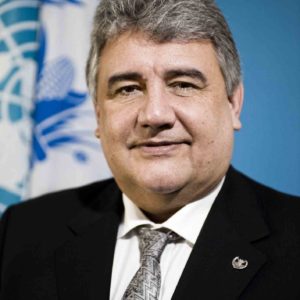
- Amy Fraenkel Head Of Division On Mainstreaming Cooperation And Outreach Support Secretariat Of The Convention On Biological Diversity United States of America
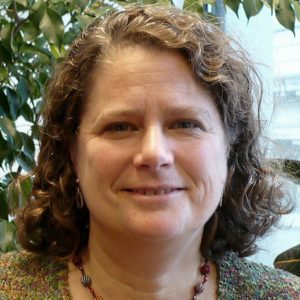
- Brian Roberts Director of Urban Frontiers; Pty Ltd Emeritus Professor

- Carola Gunnarsson Mayor Municipality Of Sala Sweden

- Chikako Takase Director United Nations Centre For Regional Development Japan

- Gautier Mignot Deputy Director General For Global Affairs Culture Education And International Development National Government France
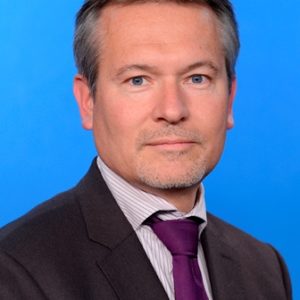
- Gustavo Baroja Prefect Of Pichincha And President Provincial Government Of Pichincha & Consortium Of Provincial Governments In Provincial Government Of Pichincha & Consortium Of Provincial Governments In Ecuador (CONGOPE Ecuador (CONGOPE Ecuador
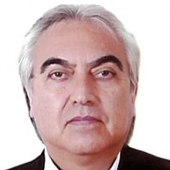
- Javier Perez Burgos Deputy National Planning Department Colombia
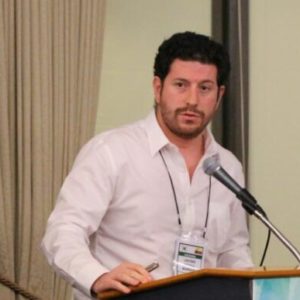
- Juma Muhammad Director Of Urban And Rural Planning -Zanzibar Department Of Urban And Rural Planning – Zanzibar United Republic of Tanzania
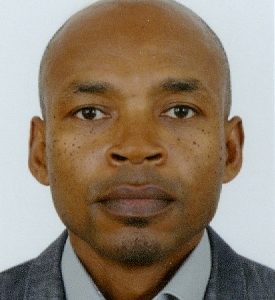
- Kinlay Dorjee Mayor Of Thimpu Bhutan

- Li Sun Researcher Delft University Of Technology China

- Maruxa Cardama Communitas Spain

- Nikhil Seth Executive Director United Nations Institute For Training And Research (UNITAR) India
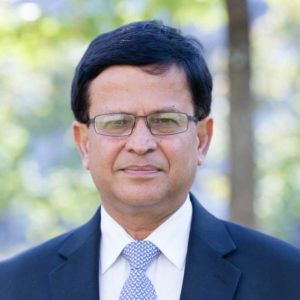
- Remy Sietchiping Leader Regional And Metropolitan Planning UN-Habitat Australia
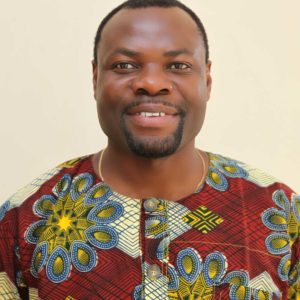
- Rob Vos Director Agricultural Development Economics Fao

- Vincent Ndumu Government Delegate Bamenda City Council Cameroon
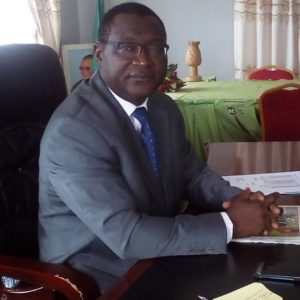
How can Urban-Rural-Linkages support the implementation of the New Urban Agenda? The first part of the Special Session will present proven strategies and tools used in different contexts focusing on the key drivers stated in the Issue Paper 10. In the interactive discussion different approaches will be discussed and compared, taking their respective local context into consideration. The second part will explore the establishment of a network for Urban-Rural linkages (including proposal of concrete engagement from participants, a work plan and timeline.) Panel members and the audience will then discuss which approaches and strategies can be applicable for a global network and strategy for the implementation of the New Urban Agenda regarding Urban-Rural Linkages. The contributing UN agencies and their partners will be expected to advocate for an effective partnership across all levels of governments, international development agencies, academia, civil society and private sector, and explore an initiative for an International Network on Urban-Rural-Linkages that could have the following objectives: · Develop a platform for knowledge exchange, policy dialogue and capacity development on Urban-Rural Linkage with international key players taking stock of existing policies, programmes, networks and initiatives with a focus on the implementation of the New Urban Agenda.; · Organization of thematic events to build capacity and foster peer-to-peer learning through the exchange of good practices and preparation of case studies in the light of the implementation of the New Urban Agenda. · Work on developing guidelines and frameworks, such as the Guiding Principles on Urban Rural Linkages (e.g. connectivity, flows of peoples, goods, information, capacity etc., establishment of rural centers, supporting sustainable growth of small and intermediate cities), and other relevant tools (e.g. sustainable standards for commodities, incentives, awareness campaigns for social and environmental footprint management of consumption and production in urban and rural environments and societies); · Develop tools and strategies that promote Urban-Rural-Linkages through investment in small and intermediate towns and integrated regional and metropolitan planning approaches. Guiding Questions Part One: Guiding questions on examples of strategies and actions taken in the case studies presented: · What was the issue of the specific case / country in respect to Issue Paper 10 and what was the vision for the outcome of the project? What are your expectations for the implementation of the New Urban Agenda for those projects/goals? · How are local, rural, urban stakeholders, civil society organizations, academia, and the private sector integrated in the process and how is the cooperation between different government levels and municipalities fostered in the process? How will the participatory approach in the New Urban Agenda change cooperation? · What are the main aspects of the strategy that was defined to promote Urban-Rural linkages and what are the main risk factors? · What are the main things to consider post-implementation?
